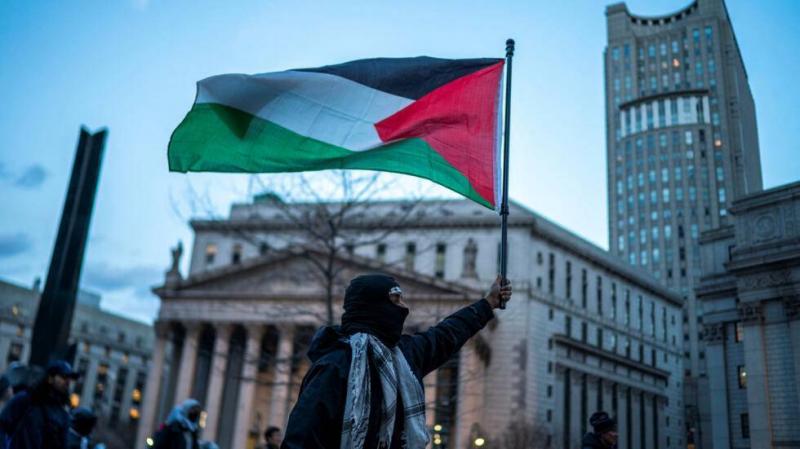Three-quarters of United Nations member states recognize the State of Palestine, which was declared by the leadership of the Palestine Liberation Organization abroad over 35 years ago. Recently, three European countries—Spain, Norway, and Ireland—decided to move forward with this recognition. The ongoing war between Israel and Palestinian factions in Gaza, lasting nearly eight months, has reignited calls for recognition of the Palestinian state. According to data from the Palestinian Authority, 146 out of a total of 193 UN member states have recognized the Palestinian state.
Before Slovenia’s parliament voted on Tuesday to recognize the State of Palestine, three other European countries—Spain, Ireland, and Norway—along with four Caribbean nations—Jamaica, Trinidad and Tobago, Barbados, and the Bahamas—had already recognized the Palestinian state. However, this list does not include most Western European countries, North America, Australia, Japan, and South Korea.
In mid-April, the United States exercised its veto power in the UN Security Council to block a resolution aimed at granting Palestine full membership in the organization.
### 1988: First Recognition Decisions
On November 15, 1988, nearly a year after the start of the first Palestinian uprising against Israel, Yasser Arafat, leader of the Palestine Liberation Organization, declared the "establishment of the State of Palestine" with Jerusalem as its capital during a session of the Palestinian National Council in exile in Algeria. Minutes later, Algeria officially recognized the independent Palestinian state. A week later, forty countries, including China, India, Turkey, and most Arab nations, took the same step, followed by all African countries and the former Soviet bloc.
In 2010 and 2011, most Central American and Latin American countries recognized the Palestinian state, indicating a departure from the United States, an ally of Israel. Generally, the countries that recognize the State of Palestine do not specify what its boundaries are.
### 2012: Observer State Status
The Palestinian Authority, established under the Oslo Accords (1993) and headed by Yasser Arafat, launched a diplomatic campaign at international institutions. However, Arafat passed away in 2004 before witnessing the historic vote in November 2012, which granted Palestinians the status of observer state in the UN, allowing them to join UN agencies and international treaties without full membership or voting rights.
Based on their new status, Palestinians joined the International Criminal Court in 2015, allowing investigations into military operations in Palestinian territories, a decision condemned by the United States and Israel. UNESCO paved the way for Palestinians to gain full membership in October 2011, after which Israel and the United States withdrew from the organization in 2018, with the latter returning in 2023.
### 2014: Sweden Becomes First EU Country to Recognize Palestine
Sweden, which has a significant Palestinian community, became the first EU country to recognize the "State of Palestine" in 2014, after the Czech Republic, Hungary, Poland, Bulgaria, Romania, and Cyprus had joined the EU. Stockholm's decision, made when efforts to resolve the Israeli-Palestinian conflict appeared completely stalled, led to years of tumultuous relations with Israel.
### 2024: A New European Initiative
In a joint move, Spain and Ireland, both part of the EU, along with Norway, announced their intention to follow Sweden's lead, with Slovenia joining them on Tuesday. Meanwhile, Western countries have consistently linked formal recognition of the State of Palestine to reaching a peaceful solution to the conflict between Palestinians and Israel. On March 22, the four countries issued a statement saying they were "prepared to recognize the State of Palestine" if "the conditions are suitable."
French President Emmanuel Macron stated in February that recognition of the Palestinian state "is not a taboo" for France, although Paris reiterated that such a unilateral decision should be made "at the right time" and should "contribute to a comprehensive political solution." Australia also spoke in April about the possibility of recognizing the State of Palestine.




